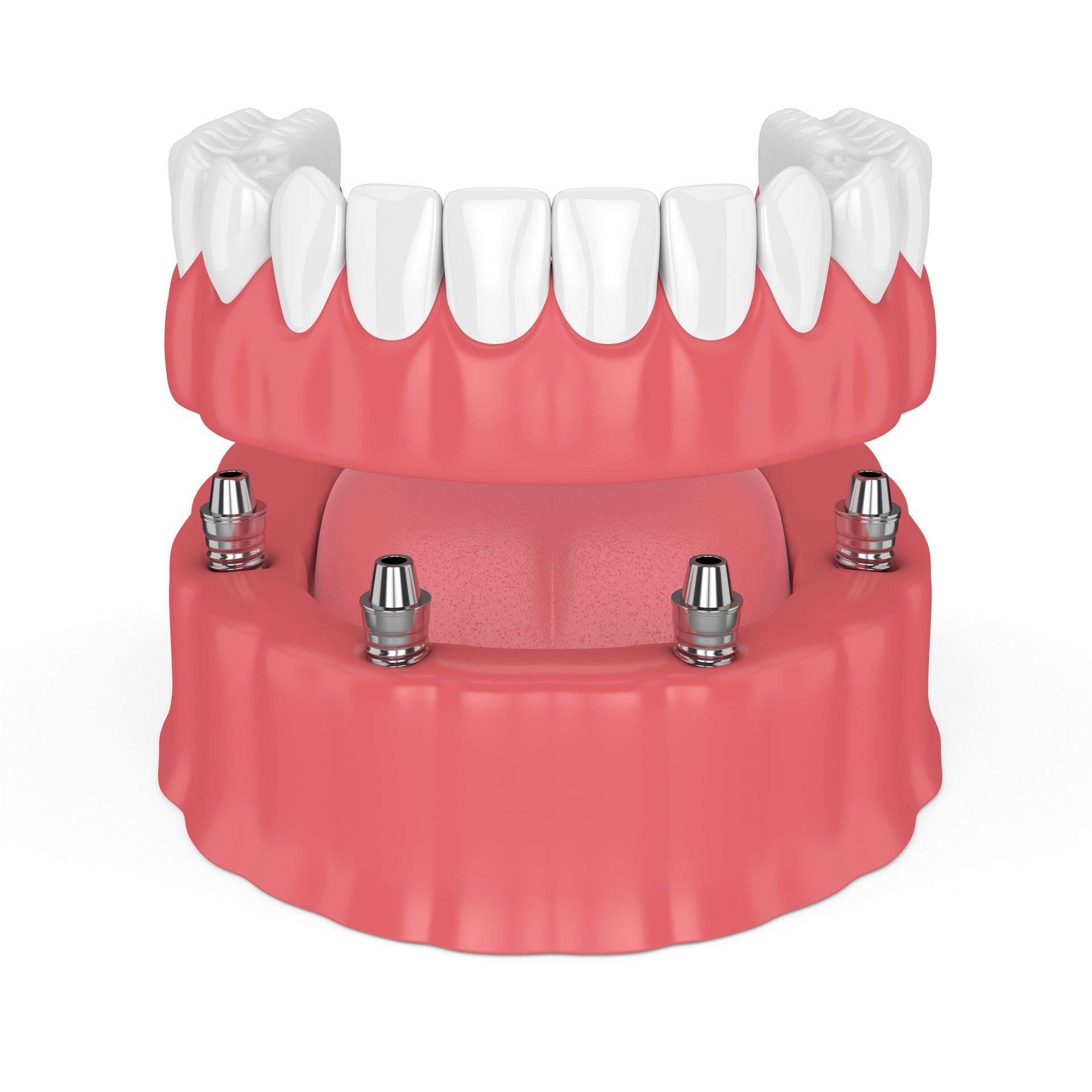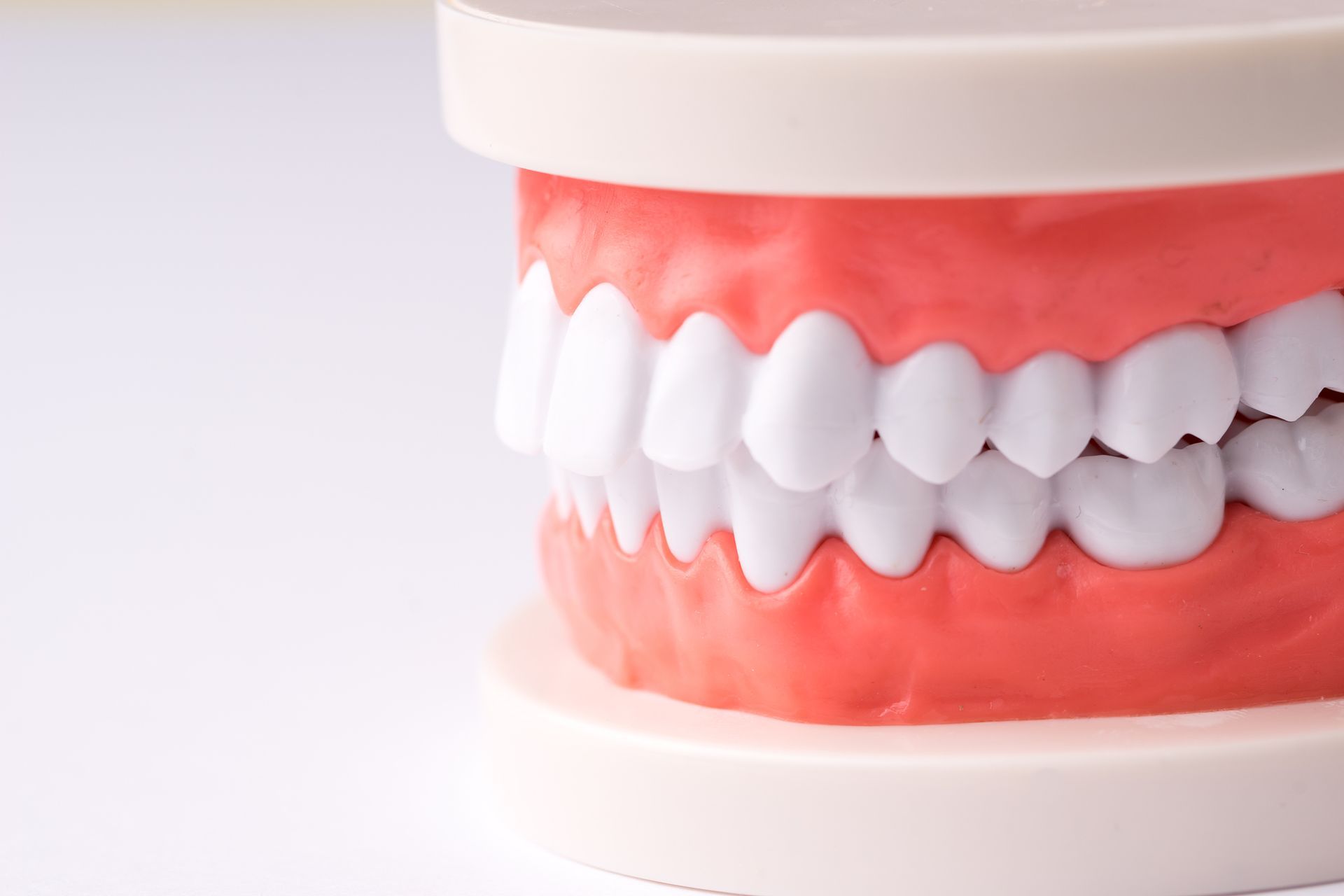The Role of Bone Health in the Success of Dental Implants

Key Takeaways
- Dental implants rely on the health and strength of the jawbone for long-term success.
- A healthy and strong jawbone provides a stable foundation for the implants, ensuring their stability and functionality.
- If the jawbone lacks sufficient volume or density, bone grafting may be necessary to create a suitable foundation.
- Tooth loss, gum disease, and smoking can affect bone health and potentially compromise the success of dental implant surgery.
- Dental examinations and regular dental visits are important for assessing and monitoring bone health.
Contact Us
We will get back to you as soon as possible.
Please try again later.
The Relationship Between Dental Implants and Bone Health
Dental implants are a popular and effective solution for replacing missing teeth. These implants are surgically placed into the jawbone and rely on a process called osseointegration, where the implant fuses with the bone. But why is bone health so important for the success of dental implants?
A strong and healthy jawbone is essential for the long-term stability and function of dental implants. Factors such as tooth loss, gum disease, and aging can contribute to a loss of bone density in the jaw, making it important to assess bone health before undergoing dental implant surgery. In cases where the jawbone lacks sufficient density, bone grafting may be necessary to create a suitable foundation for dental implants.
The Role of Dental Implant Specialists
When it comes to dental implant surgery, it's crucial to consult with a dental implant specialist. These professionals have the expertise and experience to assess bone health and determine the best course of action for each individual patient. Dental implant specialists in Tulsa, such as those at our dental implant center, are well-versed in evaluating bone density and performing necessary bone grafting procedures when needed.
By understanding the relationship between dental implants and bone health, individuals can make informed decisions about their oral health and take the necessary steps to ensure the longevity and success of their dental implant treatment.
| Factors Affecting Bone Health | Impact on Dental Implant Success |
|---|---|
| Tooth Loss | Can lead to a lack of stimulation in the jawbone, causing bone resorption over time |
| Gum Disease | Can damage the supporting structures of the teeth, including the jawbone |
| Poor Oral Hygiene | Contributes to bone loss and can impact the success of dental implants |
| Aging | Can result in a reduction in bone mineral density |
| Osteoporosis | Can affect bone density and potentially compromise dental implant success |
By addressing these factors and maintaining good oral hygiene, individuals can support their bone health and increase the chances of successful dental implant surgery.
The Importance of Bone Density for Dental Implant Stability
Bone density plays a critical role in the stability of dental implants. A dense jawbone provides a strong foundation for the implants, ensuring their stability and preventing complications or implant failure. Osseointegration, the fusion between the implant and the living bone, is influenced by bone density.
When implants tightly integrate with dense bone, the chances of a successful procedure and long-term durability are significantly improved. Dental implants with proper bone density support have a higher success rate and are less prone to complications or failure over time.
To illustrate the importance of bone density, let's take a look at the success rates of dental implants in patients with different bone densities:
| Bone Density | Implant Success Rate |
|---|---|
| High Density | Over 95% |
| Medium Density | Around 85% |
| Low Density | Approximately 75% |
As you can see from the table above, the success rate of dental implants is directly correlated to bone density. Higher bone density provides a stronger support system for the implants, resulting in a higher success rate. On the other hand, patients with lower bone density may require additional procedures, such as bone grafting, to boost the density and improve the chances of implant success.
Assessing Bone Density Before Dental Implant Surgery
Before proceeding with dental implant surgery, it is crucial to assess the density of the jawbone to determine the suitability of the patient for the procedure. Several methods are used to evaluate bone density, including visual examination, X-rays, and CT scans. These diagnostic tools provide valuable insights into the condition of the jawbone, allowing the dental implant specialist to make informed decisions.
If the assessment reveals insufficient bone density, there are options available to improve it, such as bone grafting. This procedure involves transplanting healthy bone material into the deficient area, stimulating new bone growth and creating a suitable foundation for dental implants. By addressing the issue of bone density before surgery, the chances of a successful implant procedure and long-term durability are significantly increased.
| Assessment Method | Description |
|---|---|
| Visual Examination | Visual inspection of the jawbone during a dental examination to assess bone density. |
| X-rays | Radiographic images of the jawbone that provide detailed information on bone density. |
| CT Scans | Computed tomography scans that offer a three-dimensional view of the jawbone, enabling a more accurate assessment of bone density. |
By utilizing these assessment tools, dental implant dentists can determine the most appropriate treatment plan and ensure the long-term success of the dental implant procedure.
Strategies to Improve Bone Density for Dental Implants
- Ridge Preservation: Ridge preservation is a technique used to maintain the height and width of the alveolar ridge after tooth extraction. By placing bone grafting material into the socket immediately after tooth removal, ridge preservation helps prevent bone resorption and maintains the natural shape of the jawbone. This technique creates a stable foundation for dental implants, optimizing the success and stability of the implant placement.
- Tunnel Grafting: Tunnel grafting is employed when a narrow ridge needs to be rebuilt to accommodate dental implants. In this technique, a tunnel is created along the ridge, and bone grafting material is carefully placed inside the tunnel, effectively widening and strengthening the ridge. Tunnel grafting helps create adequate bone volume, allowing for successful dental implant placement and osseointegration.
- Block Grafting: Block grafting is utilized when a larger amount of bone is required to support dental implants. In this procedure, a block of bone is harvested from another area of the body or a donor source and precisely positioned in the deficient area of the jaw. Block grafting provides ample bone volume for implant placement, ensuring long-term stability and success.
- Sinus Lift Procedures: Sinus lift procedures are performed when the sinus floor needs to be elevated due to inadequate bone height in the posterior upper jaw. During this procedure, the sinus membrane is carefully lifted, and bone grafting material is placed in the space created, increasing bone volume and density in the area. Sinus lift procedures create a suitable foundation for dental implants in the posterior upper jaw, allowing for successful implant placement and integration.
Consulting a dental implant clinic in Tulsa with experienced specialists in bone grafting techniques can help determine the most appropriate strategy to improve bone density for dental implants. Each patient's case is unique, and a personalized approach is essential to achieve optimal outcomes.
Maintaining Bone Health for Long-Term Dental Implant Success
Maintaining good bone health is crucial for the long-term success of dental implant treatment. A strong and healthy jawbone provides a stable foundation for dental implants and helps preserve facial structure. By incorporating certain practices into your daily routine, you can support the longevity of your dental implant surgery and enjoy a beautiful, functional smile for years to come.
Practices for Maintaining Bone Health
- Good Oral Hygiene: Practicing good oral hygiene is essential for preserving bone health and the long-term stability of dental implants. Regular brushing, flossing, and rinsing with an antimicrobial mouthwash help prevent gum disease and maintain the health of the surrounding tissues and bone.
- Regular Dental Visits: Routine dental visits allow your dentist to monitor the health of your gums and jawbone. Regular examinations and professional cleanings help detect and address any potential issues early on, preventing further complications that could affect the success of your dental implants.
- Balanced Diet and Exercise: A well-balanced diet rich in essential nutrients, such as calcium and vitamin D, contributes to overall bone health. Regular exercise, particularly weight-bearing exercises, helps stimulate bone growth and maintain bone density. Consult with a healthcare professional to ensure your diet and exercise routine supports optimal bone health.
Take the first step towards a brighter, more vibrant life. Contact Tulsa Teeth at (208) 226-7721 and schedule an appointment with our skilled dental implant specialist. Our team is dedicated to providing top-quality dental implant surgery and helping you achieve the smile of your dreams. Don't let bone health compromise your dental implant success. Contact us today and rediscover the joy of a beautiful, functional smile.
Practices for Maintaining Bone Health
- Good Oral Hygiene: Regular brushing, flossing, and rinsing with an antimicrobial mouthwash
- Regular Dental Visits: Routine examinations and professional cleanings
- Balanced Diet and Exercise: Well-balanced diet with essential nutrients and regular weight-bearing exercises
Rediscover the Joy of a Beautiful Smile With Tulsa Dentures
Maintaining bone health is essential for the success of dental implant treatment. A strong and healthy jawbone provides a stable foundation for dental implants and helps preserve facial structure. Assessing bone health, addressing deficiencies through bone grafting when necessary, and practicing good oral hygiene are all important for long-term implant success. By understanding the crucial role that bone health plays in dental implant success, individuals can make informed decisions and take proactive steps to ensure the longevity of their dental implant treatment.
Take the first step towards a brighter, more vibrant life.
Contact us today to schedule an appointment with our skilled denturist. Your new smile awaits. Contact Tulsa Teeth at (208) 226-7721 and rediscover the joy of a beautiful, functional smile.
You might also like
Denture Clinics Of Tulsa Blog & News
Book a Service Today
We will get back to you as soon as possible
Please try again later
Flash Those Beautiful Smiles!
Let our professional dentists helps your fill in the gaps inside your mouth. Don't be afraid to invest on your teeth, boost your confident with a smile.

Affordable Dentures & Implants from Tulsa's #1 Rated Denture Clinics! Call Today For an Appointment.
Navigation
Services
Disclaimer: www.tulsateeth.com is a free service to assist users in connecting with
local healthcare providers. www.emergencydentalboise.com is not a doctor’s office nor a doctor referral service nor is it a substitute for visiting a doctor. Nothing contained on or offered through this site should be
construed as medical advice and should not be relied upon for medical diagnosis or treatment.
www.tulsateeth.com does not endorse or recommend any participating Third-Party Healthcare Providers
that pay to participate in this advertising. All persons depicted in a photo or video are actors or
models and not doctors listed on www.tulsateeth.com.
All Rights Reserved | www.emergencydentalboise.com



